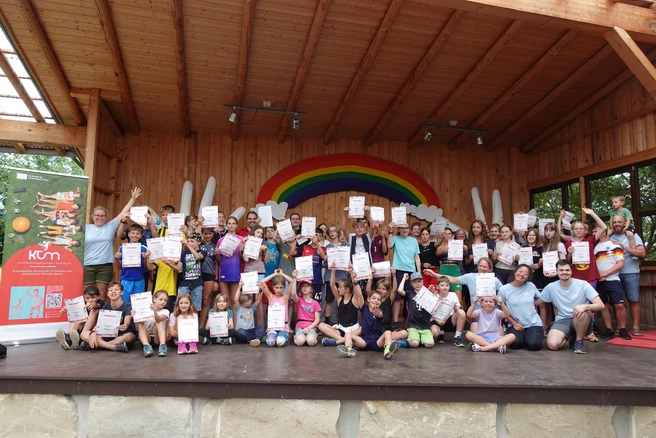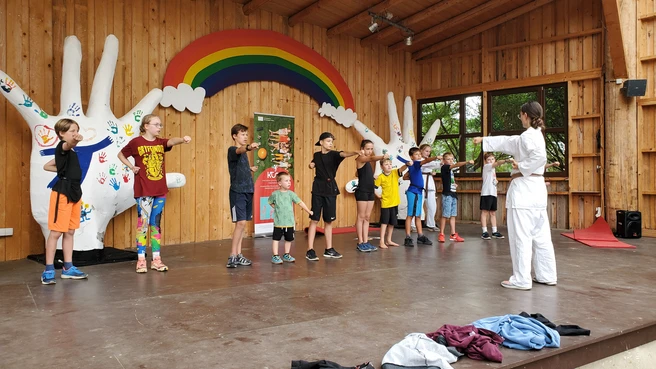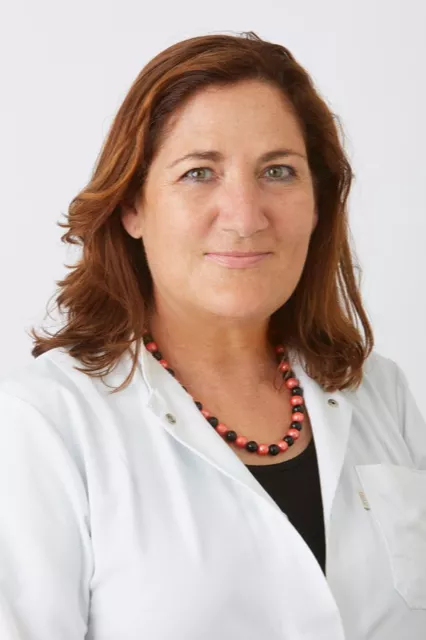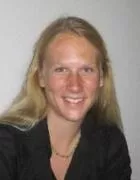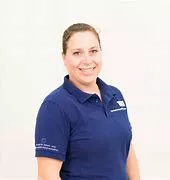Children and adolescents with chronic illnesses or post-traumatic stress disorders are often underrepresented in organized sports. A lack of knowledge, uncertainty in dealing with health conditions, and various structural barriers frequently hinder their participation.
The Erasmus+ project “KTM – kidsTUMove goes Europe – cordially fit” set out to create and implement inclusive, health-promoting physical activity programs for this target group across Europe. The initiative is rooted in kidsTUMove, a program of the Chair of Preventive Pediatrics led by Vice Dean for Talent Management and Diversity, Prof. Dr. Renate Oberhoffer, and coordinated by research associates Dr. Nicola Stöcker and Dr. Christina Sitzberger from the Operational Unit Applied Sports Science.
“Even though everyone talks about it: physical activity and sports as an effective remedy for many lifestyle diseases such as obesity, diabetes, or depression – or simply to maintain physical autonomy – are still far too rarely used. I am very grateful that my colleagues Nicola Stöcker and Christina Sitzberger are so deeply committed to promoting this among children and adolescents,” explains Prof. Oberhoffer.
Movement as a Therapeutic Tool
The original idea for the project emerged from hands-on work with children affected by congenital heart defects, as Nicola Stöcker explains: “It all started at the German Heart Center in Munich. I would engage children – even in intensive care – in playful movement to help them regain a sense of normality. It was about building trust in their own bodies and simply allowing them to be children again.”
From these beginnings in inpatient movement therapy, a dedicated sports group for children with various chronic conditions soon evolved. “Children came with asthma, diabetes, oncological conditions – eventually we had a colorful and diverse group,” says Dr. Stöcker. To reach children beyond Munich, the program gradually expanded to include holiday camps, weekend retreats, and eventually a Europe-wide exchange.
The goal of the project is to sustainably strengthen the quality of life and psychosocial resilience of affected children through sport-based prevention initiatives. The approach is interdisciplinary and based on three interlinked pillars: movement, health, and self-efficacy.
Handbook and Web Portal for Practice
One of the project’s central outcomes is a multilingual, evidence-based training handbook for instructors. It combines medical and pedagogical expertise with practical guidance for designing safe and individualized physical activities for children with chronic and mental health conditions.
The handbook includes condition-specific training advice (e.g., for asthma or heart defects), checklists for preparing sports sessions, practical ideas such as breath-enhancing games, and recommendations on materials, training load management, and collaboration with parents, physicians, and teachers. A complementary, low-barrier web portal informs families across Europe about available activity programs and supports community networking.
The project was implemented in five European countries: Germany, Greece, Spain, Italy, and Portugal. The regional differences in conditions quickly became apparent. In Italy, for instance, children with chronic illnesses may only participate in club sports with a time-limited medical clearance – often for just one sport. In rural regions like South Tyrol, the lack of appropriate offerings means that children with specific needs frequently have no suitable alternatives at all.
“We want to encourage and support coaches,” emphasizes Dr. Sitzberger. “Many shy away from working with chronically ill children out of fear of doing something wrong. The handbook gives them a solid foundation to work confidently, responsibly, and joyfully.”
Perspectives and Sustainability
The project’s final meeting took place in late May 2025 and was marked by an intensive professional exchange. In addition, Europe-wide event days for children with chronic conditions were initiated, which will take place annually in all participating countries—from Spain to Greece.
“With these events, we’re not just opening up access to sports,” says Nicola Stöcker, “we’re creating spaces for connection, self-worth, and belonging.”
The resources developed during the project are designed to have a lasting impact. Beginning in summer 2025, the handbook and web portal will be freely available. The team is also planning continuing education programs for coaches in cooperation with sports federations and aims to more closely integrate the materials into training for students in health and sports-related fields.
“We don’t want these children to remain permanently in protected groups,” says Christina Sitzberger. “Our goal is to empower them with the confidence and skills to feel at home in regular club sports. Sometimes, just a few hours of normality – without being singled out but with the necessary support – can make all the difference.”
Visit the Chair of Preventive Pediatrics
Visit the project website: “kidsTUMove goes Europe – cordially fit”
Visit “kidsTUMove”
Contact
Prof. Dr. Renate Oberhoffer
Chair of Preventive Pediatrics
Am Olympiacampus 11
80809 Munich
Phone: +49 89 289 24601
Email: renate.oberhoffer(at)tum.de
Dr. Nicola Stöcker
Operational Unit Applied Sports Science
Am Olympiacampus 11
80809 Munich
Phone: +49 89 289 24678
Email: nicola.stoecker(at)tum.de
Dr. Christina Sitzberger
Operational Unit Applied Sports Science
Am Olympiacampus 11
80809 Munich
Email: christina.sitzberger(at)tum.de
Text: Bastian Daneyko
Photos: Private
